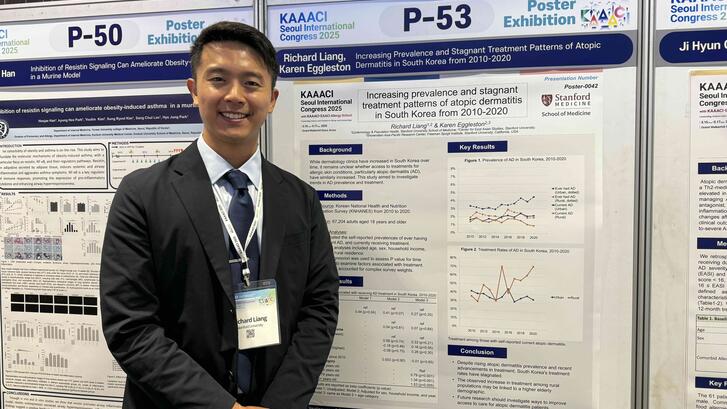Karen Eggleston

Karen Eggleston, PhD
- Senior Fellow at the Freeman Spogli Institute for International Studies
- Center Fellow at the Center for Health Policy and the Center for Primary Care and Outcomes Research
- Faculty Research Fellow of the National Bureau of Economic Research
- Faculty Affiliate at the Stanford Center on China's Economy and Institutions
- Director of the Asia Health Policy Program, Shorenstein Asia-Pacific Research Center
- Stanford Health Policy Associate
- Faculty Fellow at the Stanford Center at Peking University, June and August of 2016
Shorenstein APARC
Stanford University
Encina Hall E301
Stanford, CA 94305-6055
Biography
Karen Eggleston is a Senior Fellow at the Freeman Spogli Institute for International Studies (FSI) at Stanford University and Director of the Stanford Asia Health Policy Program at the Shorenstein Asia-Pacific Research Center at FSI. She is also a Fellow with the Center for Innovation in Global Health at Stanford University School of Medicine, and a Faculty Research Fellow of the National Bureau of Economic Research (NBER). Her research focuses on government and market roles in the health sector and Asia health policy, especially in China, India, Japan, and Korea; healthcare productivity; and the economics of the demographic transition.
Eggleston earned her PhD in public policy from Harvard University and has MA degrees in economics and Asian studies from the University of Hawaii and a BA in Asian studies summa cum laude (valedictorian) from Dartmouth College. Eggleston studied in China for two years and was a Fulbright scholar in Korea. She served on the Strategic Technical Advisory Committee for the Asia Pacific Observatory on Health Systems and Policies and has been a consultant to the World Bank, the Asian Development Bank, and the WHO regarding health system reforms in the PRC.



